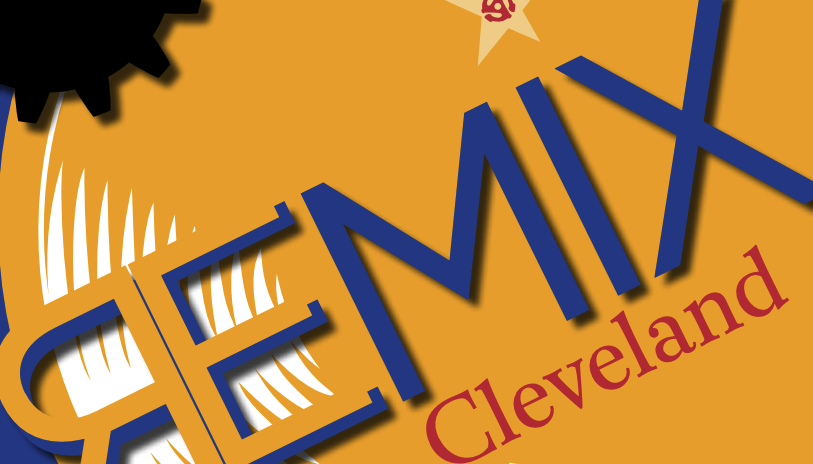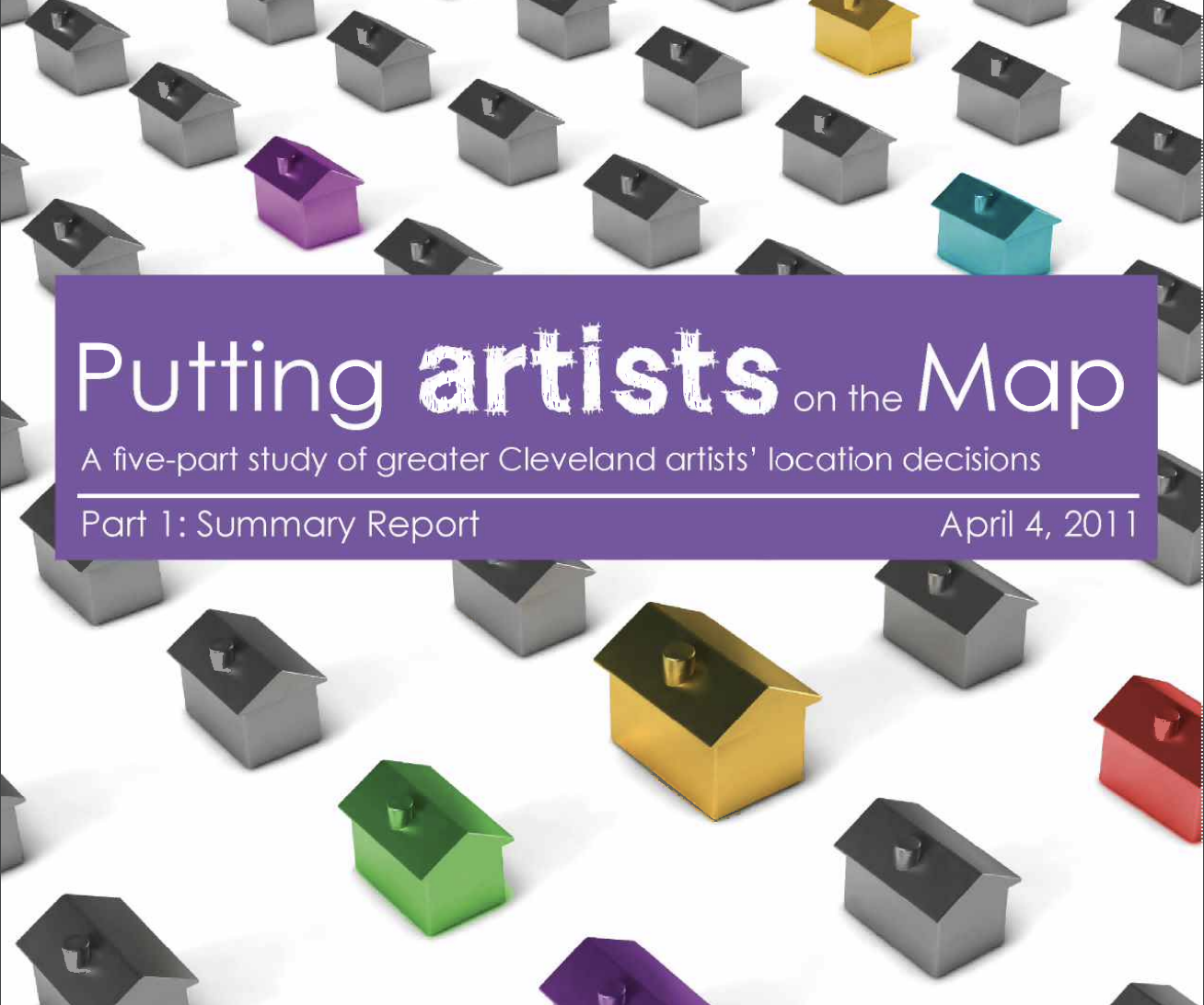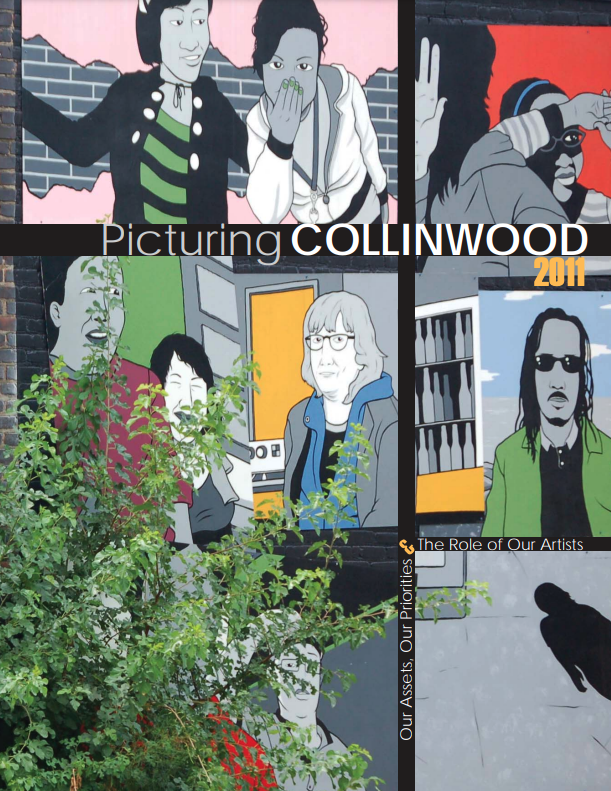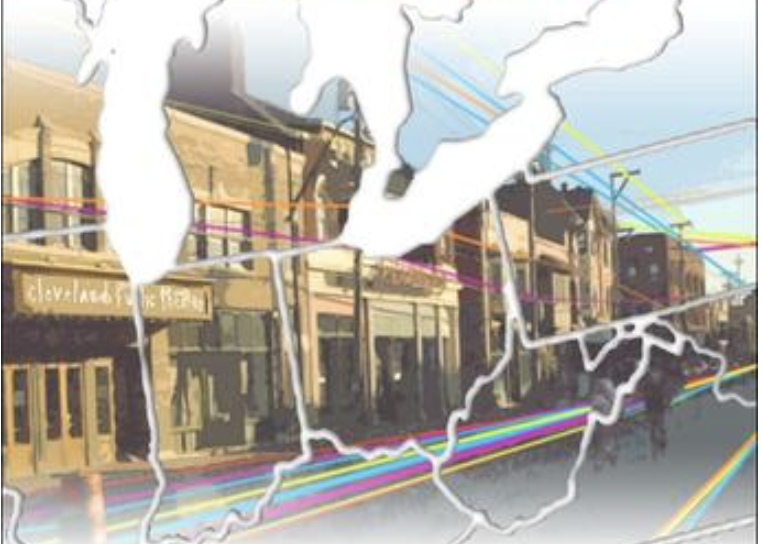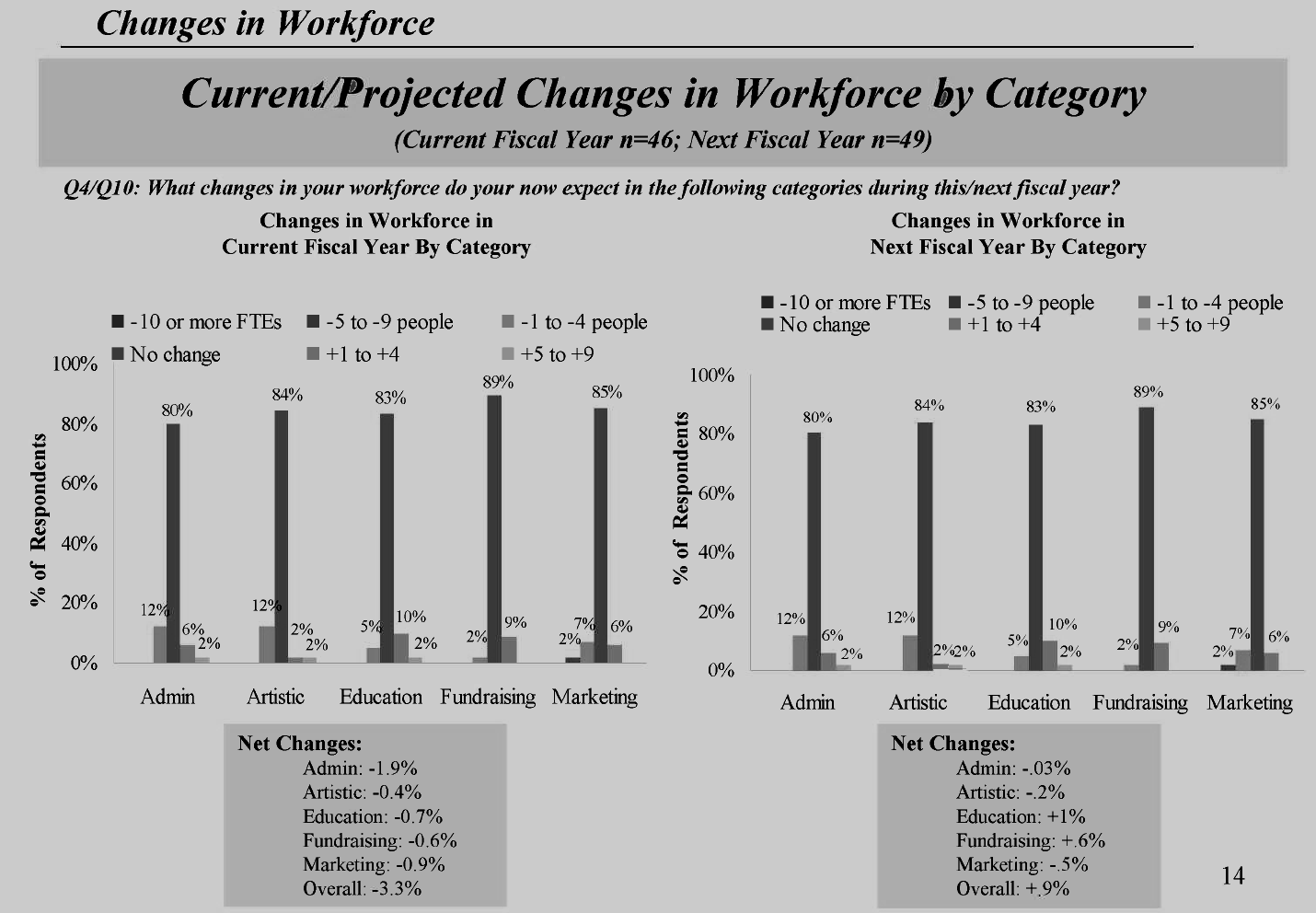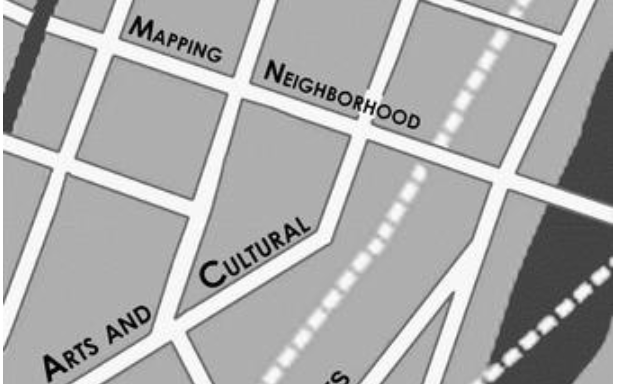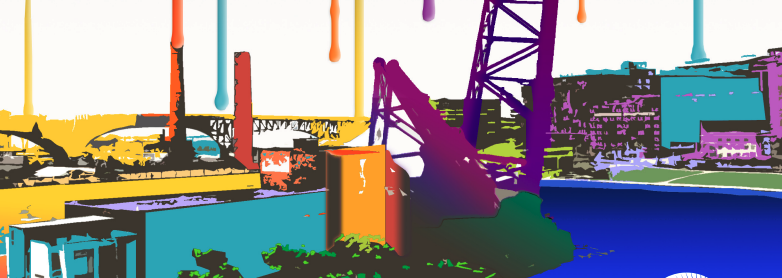Remix Cleveland
A Music Industry Study

Cleveland’s music scene is rooted in a music legacy of groundbreaking performances, local talent, and music innovation. Arts Cleveland (formerly Community Partnership for Arts and Culture) and Cleveland State University partnered to explore the music industry in this study. This report’s objective was to understand the Cleveland Music Sector today and assess the economic impact of music events and venues in Cuyahoga County. The report outlines how the Cleveland Music Sector can be engaged as a partner for shaping the city’s future. It includes six case studies on how the music industry is intersecting with some of Cleveland’s strongest sectors like manufacturing and medicine.
Putting Artists on the Map
Putting Artists on the Map
A Five-Part Series on Artist Locations

Arts Cleveland worked with Cleveland State University to develop four statistically-based methods to help communities understand what amenities may be driving arts and culture to them or away from them. Part 1 of this series is an executive summary of all findings. Part 2 discusses neighborhoods and what makes them attractive to artists. Part 3 discusses artists’ responses to a live/work preferences survey. Part 4 identifies variables that may suggest a neighborhood is desirable for artists. Part 5 details the characteristics of current artist residences. The data contained in these reports can help communities understand arts and culture assets and what they can do to become more artist-friendly.
Content
- Artist Neighborhoods 9.95 MB
- Artist Housing and Space Survey 4.48 MB
- Regression Model 3.99 MB
- Artist Housing Characteristics 1.39 MB
Picturing Collinwood
Picturing Collinwood
Our Assets, Our Priorities & the Role of Our Artists
North Collinwood is a complex community, a place with many strengths and a place with its fair share of challenges. This report is Arts Cleveland’s (formerly CPAC) and Northeast Shores’ attempt to get a better sense of what people think of the neighborhood and how to make it an even more creative, enjoyable and quality place.
From Rust Belt to Artist Belt II
From Rust Belt to Artist Belt II
A companion report to Arts Cleveland’s (formerly CPAC) second From Rust Belt to Artist Belt conference. 2010.
 Arts Cleveland’s second From Rust Belt to Artist Belt conference focused on what happens when the arts and culture sector and local neighborhoods join forces. The conference guided participants through a discussion of the work innovative community developers, artists, arts administrators and policy makers are doing to revitalize industrial cities. The breakout sessions were designed to inspire attendees to engage artists as partners in community revitalization. Best practices were also highlighted. This document is a detailed summary of the sessions, discussions and findings that emerged from the conference. It focuses on how former industrial cities are using artist-based community development to improve the stories being told about their communities today. It also focuses on the practical considerations of using this strategy.
Arts Cleveland’s second From Rust Belt to Artist Belt conference focused on what happens when the arts and culture sector and local neighborhoods join forces. The conference guided participants through a discussion of the work innovative community developers, artists, arts administrators and policy makers are doing to revitalize industrial cities. The breakout sessions were designed to inspire attendees to engage artists as partners in community revitalization. Best practices were also highlighted. This document is a detailed summary of the sessions, discussions and findings that emerged from the conference. It focuses on how former industrial cities are using artist-based community development to improve the stories being told about their communities today. It also focuses on the practical considerations of using this strategy.
Cuyahoga County Arts and Culture and Economic Recession. 2009
Arts, Culture, and the Recession
Analysis exploring the arts and culture sector in light of the “Great Recession.” 2009.
Some have suggested that the arts and culture sector, as it is currently constructed, has not kept pace with demographic, social and technological changes in the environment. This report presents the findings from two approaches that explore arts and culture in light of the “Great Recession.” This report makes recommendations for the sector’s sustainability and future recovery. It complements one of Arts Cleveland’s Arts and Culture Roundtable events.
Guide to Mapping Your Neighborhood Arts and Culture Assets
Guide to Mapping Your Neighborhood Arts and Culture Assets
The Basics of Asset-Based Community Development

Arts Cleveland compiled this guide to help communities identify their arts and culture assets and use them in broader revitalization efforts. The goals of this guide are to help communities develop a basic interview protocol for creating an inventory of their arts and culture assets and to show them how the inventory can be used to gain a basic understanding of their local arts and culture context.
Strengthening Arts and Culture
A survey to assess gaps in services available to the arts and culture sector. 2008. This document summarizes the results of a survey that looked at the levels of familiarity, use, and favorability of arts and culture sector-building activities. The goals of the survey were to assess awareness and use of on-going supportive programs for the arts and culture sector and to identify gaps in services which are believed to be important for the sector’s stability and vitality.
From Rust Belt to Artist Belt
From Rust Belt to Artist Belt
Challenges and Opportunities in Rust Belt Cities

The term “Rust Belt” has become synonymous with Midwestern and Northeastern cities that experienced their heydays in the early 20th century, and by century’s end, suffered plant closures, widespread unemployment and general decline. This paper explores how Rust Belt cities are positioned to recruit and retain artists, and how both communities and artists alike can benefit from working together, sharing challenges and making creative use of existing assets. This report complements the first From Rust Belt to Artist Belt conference.
Northeast Ohios Arts and Culture Plan - A Report on Progress
This report highlights the advancements Northeast Ohio had made regarding each of the four goals outlined in Northeast Ohio’s
Arts & Culture Plan: Access (to effectively connect the region’s people to arts and culture); Learning (to establish lifelong arts and cultural education); Partnership (to make arts and culture a partner in neighborhood, community and regional development); and Resources (to develop financial and other resources to sustain and grow the arts and cultural sector).
Investing in Artists. 2007
Investing in Artists
An examination of national best practices in individual artist support. 2007.
Arts Cleveland (formerly Community Partnership for Arts and Culture) was commissioned by Cuyahoga Arts & Culture (CAC) to develop a report that looked at best practices nationwide for individual artist support. A sample of 28 public and private funding programs was outlined in this report. These programs represent a wide spectrum of granting entities in every region of the United States, including private foundations, county government, nonprofit membership organizations and various local arts councils. Each of the individual artist funding programs reviewed for this report fell into one of five broad categories of support: business and professional development, fellowships, public projects, residencies, and sponsored projects.

